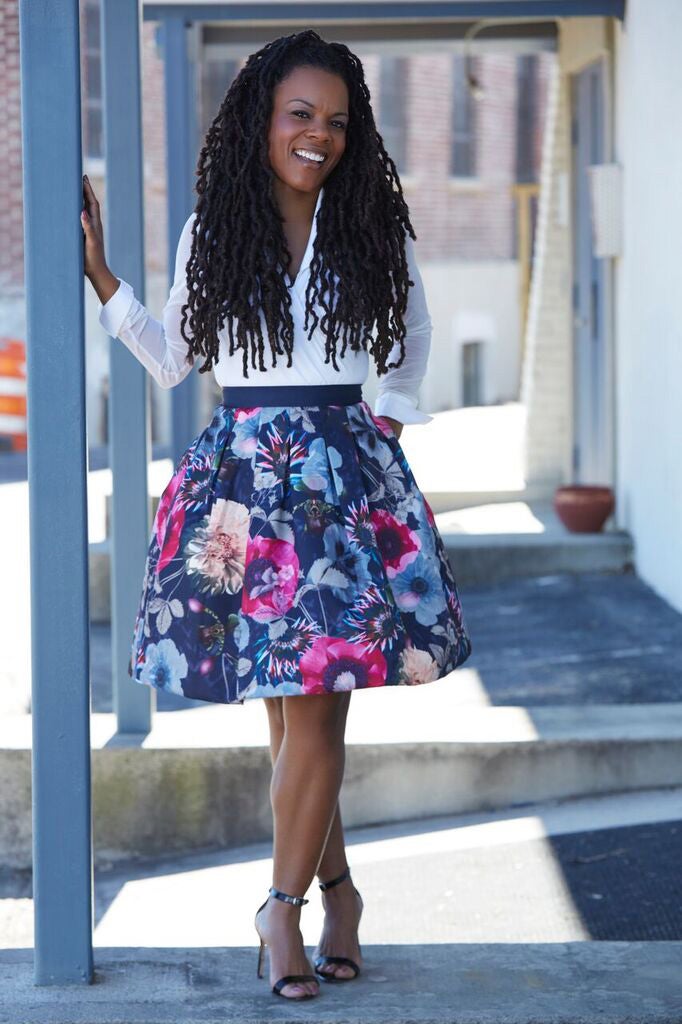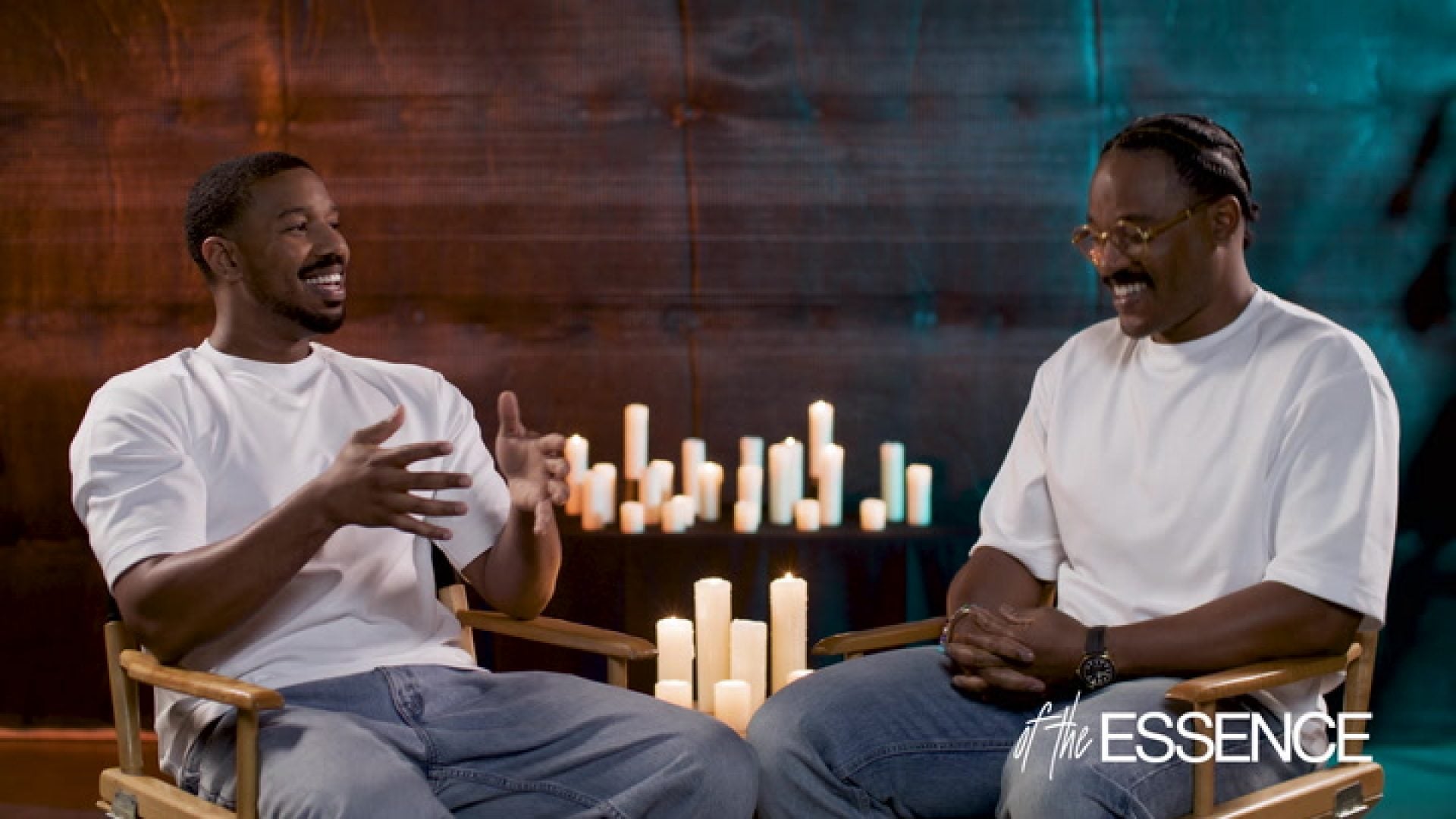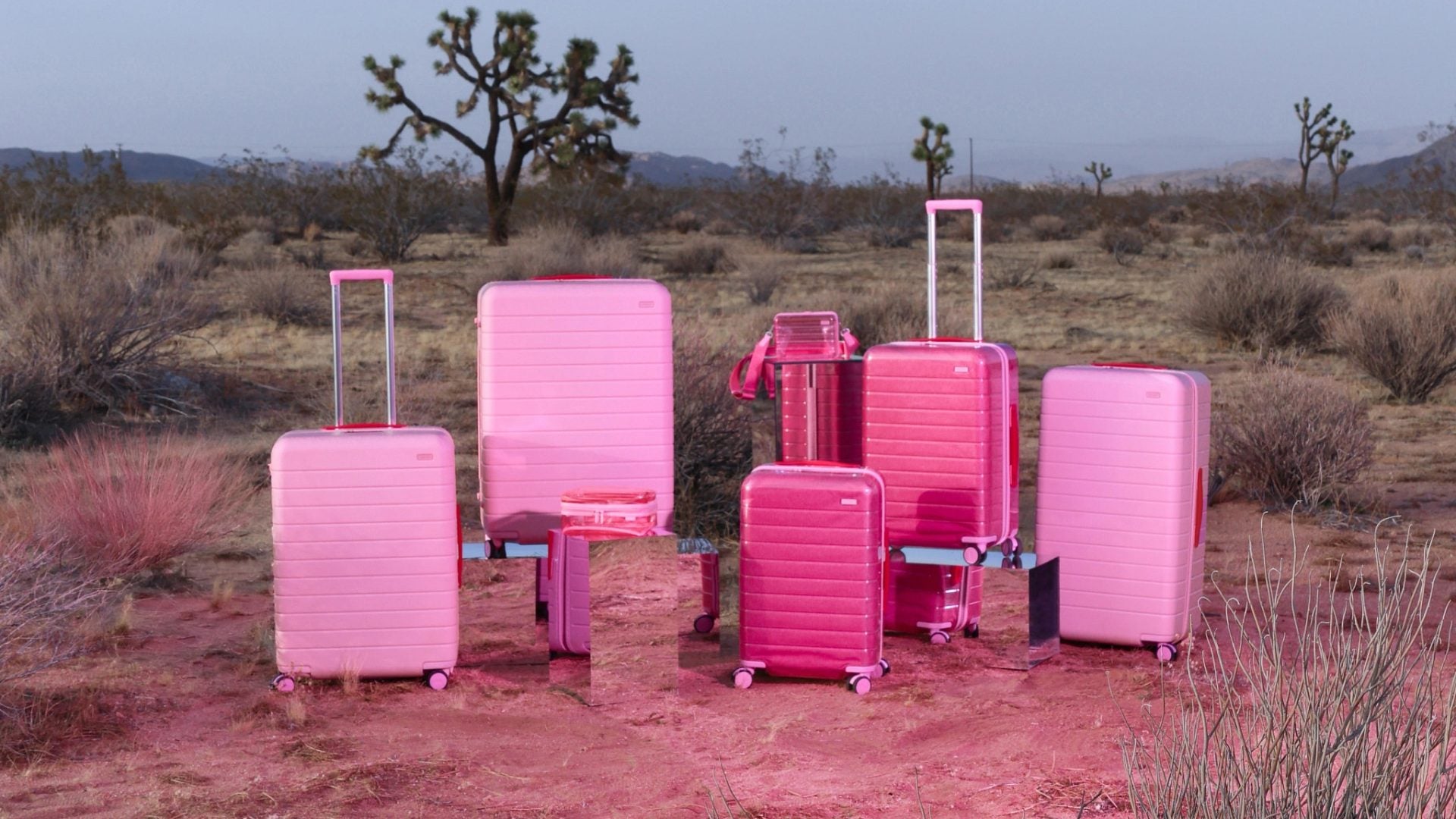
This article originally appeared in the September 2016 issue of ESSENCE.
Somewhere along our early elementary path, we all get this question: What do you want to be when you grow up? This is what was posed to C. Nicole Mason, and it kicks off her striking memoir, Born Bright: A Young Girl’s Journey From Nothing to Something in America (St. Martin’s Press, $26.99).
Now Mason is executive director of the Center for Research & Policy in the Public Interest. However, back then she was a smart young’un growing up in Lynwood, California. Mason’s response to the question of her future path? None.
Here’s Why You Should Remember the Name Yaa Gyasi
Decades later she recalls the impact of this conversation on her: “I came across a study revealing that when inner-city kids were asked to draw the world, they drew their immediate neighborhoods—the corner store, the local carryouts and their houses. Conversely, when middle-class and affluent kids were asked to do the same, they drew countries such as China and those in Europe. I believe if I had been given the task of drawing the world as a young child, I would have drawn my neighborhood too. That was my world and I could not see beyond it.”
In vivid detail Mason charts her path from that world and many other worlds she would inhabit on her way to realizing her extraordinary potential. And she does so without seeking any pity or falling into the familiar trap that she was an exception to a rule. In fact, Mason argues that there are many women and men like her who overcame the painful restrictions that are an integral part of growing up Black and poor in America.
Want more from ESSENCE? Subscribe to our daily newsletter for the latest in hair, beauty, style and celebrity news
Her story packs several wallops: She realistically captures her mother, a 16-year-old single parent whose stunning beauty is equally matched by her vituperative personality. Mason puts us in her shoes as she matter-of-factly details her family’s weekly visits to see her father in jail, where he was incarcerated for possession of a controlled substance with the intent to distribute. The author also takes us into the day-to-day reality of being impoverished: A $20 gift could yield chicken, flour, milk, bread, bologna and a can of Del Monte corn for bologna sandwiches for lunch and fried chicken and corn for dinner.
I’m glad that Mason wrote this urgent memoir, showing not only what poverty looks like but what it feels like as well. No matter your financial status, you will be far better off after having read Born Bright, not just because it’s a powerful story, but also because it’s one so seldom heard.




